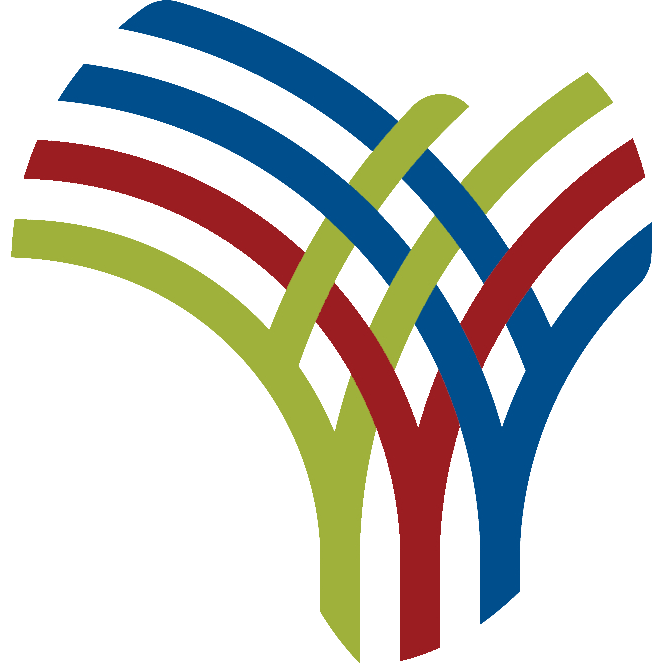The ongoing East African Community (EAC) conference on education, held in light of the African Union’s designation of 2024 as the Year of Education, has spotlighted the persistent challenges in the region’s education sector.
The conference, themed “Educate an African Fit for the 21st Century: Collective Action for Quality, Inclusive, and Life-long Learning in East Africa,” aims to assess the progress and difficulties facing member states in aligning with the continent’s educational agenda.
The gathering follows the Africa Human Capital Heads of State Summit in Dar es Salaam, Tanzania, where regional leaders, including Tanzania’s President Samia Suluhu Hassan, endorsed the Dar es Salaam Human Capital Declaration.
This declaration emphasizes the need for significant investments in health, education, and employment to harness Africa’s youthful population and achieve a demographic dividend.
Despite notable efforts, including the harmonization of education systems and the development of frameworks to facilitate student and staff mobility, the EAC region continues to face several challenges.
These challenges include limited access to education, varying education quality, insufficient teacher capacity, inadequate financing, and the integration of technology in education.
With Sub-Saharan Africa scoring the lowest globally on the World Bank’s Human Capital Index, the urgency for increased investment in education is clear.
Under President Samia’s leadership, Tanzania has initiated significant reforms aimed at improving education access, quality, and relevance.
These reforms include extending compulsory schooling from seven to ten years by 2027/28, a major curriculum review, and investments in educational infrastructure and teacher quality.
The government’s focus on vocational training alongside traditional education paths underscores its commitment to equipping youth with practical skills for the job market.
Education experts have called for greater collaboration among EAC member states and international partners to address the region’s educational challenges.
Source: allafrica.com














